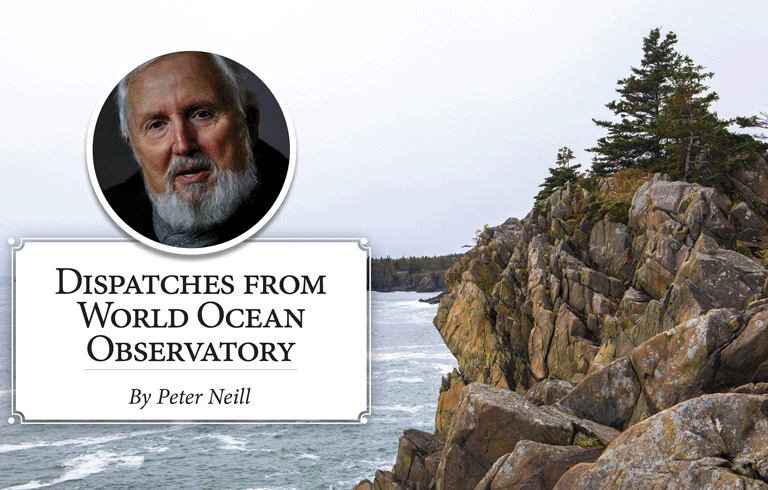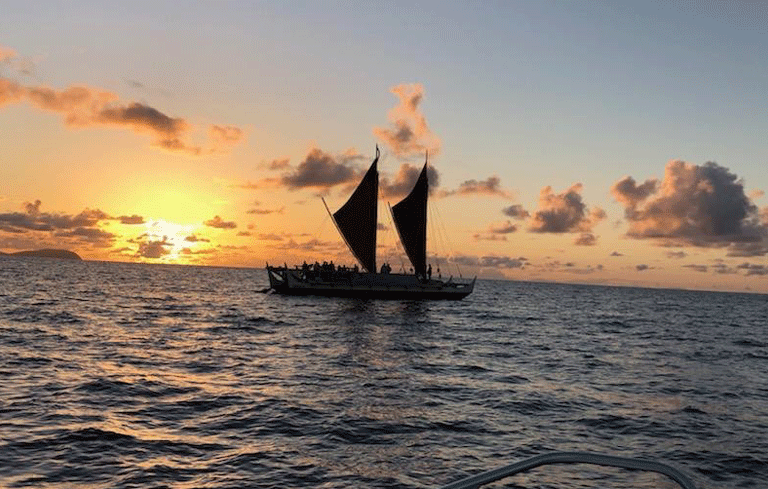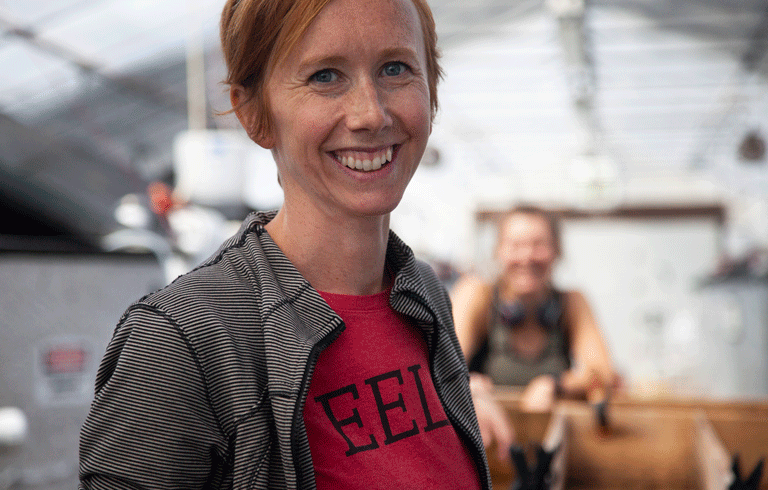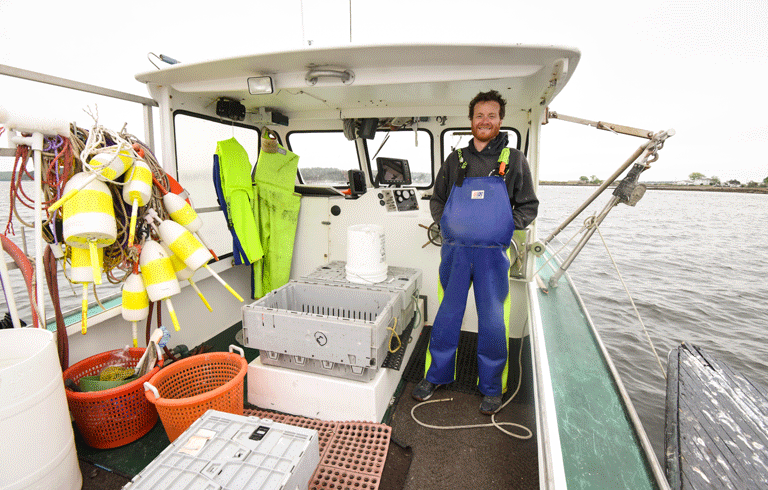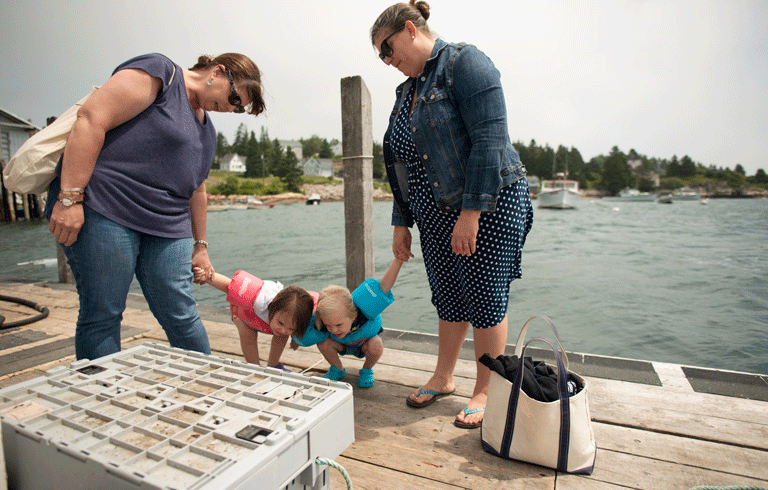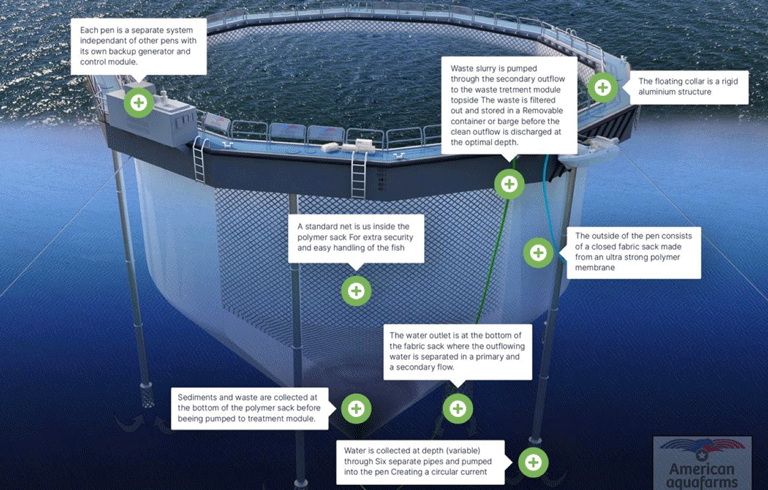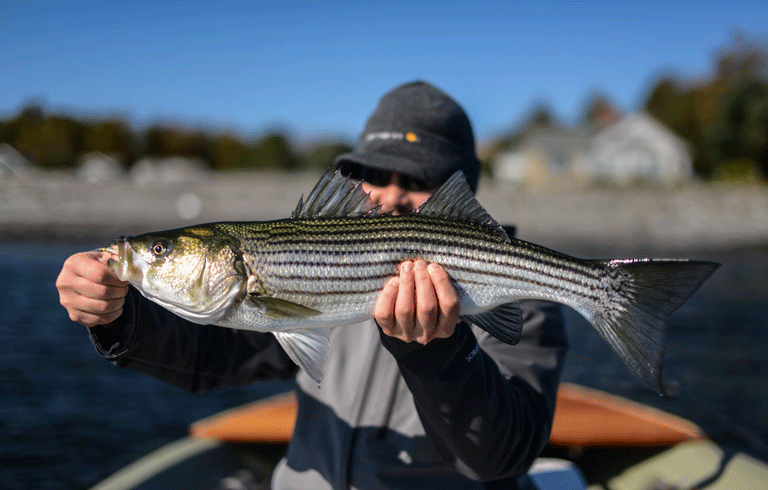Working Waterfront
A sober measure of ocean resilience
When we talk about ocean resilience, we are talking about capacity to heal and sustain ocean systems over time when interrupted by natural events such as extreme weather, flooding, and earthquakes. The challenge is the intrusion of human activities such as nearshore development, agricultural run-off, industrial pollution, filling and dredging,… SEE MORE

